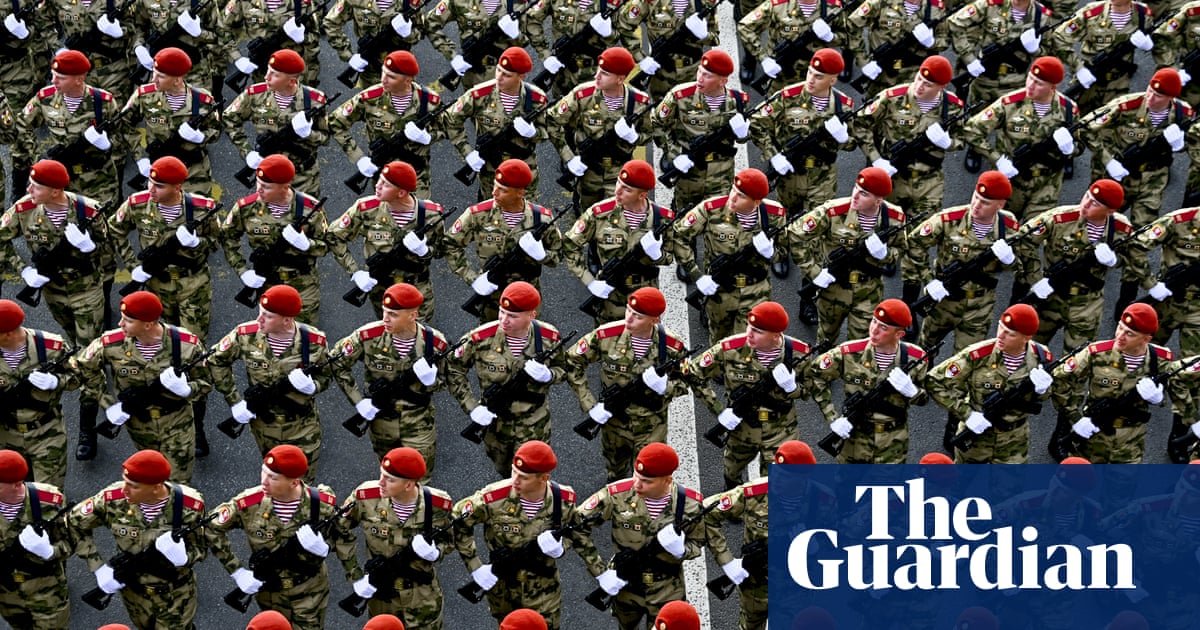Xi Jinping has arrived in Moscow at the start of a four-day visit to attend Russia’s military parade commemorating the anniversary of the end of the second world war, known in Russia as Victory Day.
The Chinese leader’s arrival coincided with Ukrainian drone attacks on the Russian capital. Moscow’s mayor, Sergei Sobyanin, said Russia’s air defence units destroyed at least 14 Ukrainian drones overnight.
The attacks forced most of Moscow’s airports to close and Russia’s national carrier Aeroflot said it was reordering timetables to cope with the disruption.
Xi’s visit, which comes as China is engaged in atrade warwith the US and soon after Ukraine has accused China of directly aiding Russia’s invasion, underscores his close relationship with Vladimir Putin. It is Xi’s 11th visit to Russia – more than to any other country – since becoming president.
The Russian foreign ministry described the trip as “one of the central events in Russian-Chinese relations this year”. Xi is expected to sign numerous cooperation agreements, deepening the “no limits” relationship betweenChinaand Russia. There will also be discussion of the planned Power of Siberia 2 gas pipeline, which could carry 50bn cubic metres of gas a year from Russia to China.
Xi is expected to hold talks with Putin on Thursday and to attend the Victory Day parade on Friday. China’s People’s Liberation Army will send an honour guard to participate in the ceremony in Moscow for the first time since 2015, and for the first time ever will send an honour guard to join in parallel celebrations in Minsk, the capital of Belarus.
Bilateral trade between China and Russia has reached record levels since Russia’s invasion ofUkrainein 2022, providing Moscow with an economic lifeline at a time when western countries have imposed sanctions on it. Trade reached $245bn (£183bn) in 2024, 66% more than in 2021.
China maintains it is a neutral party in the war and that it supports a peaceful resolution to the conflict. But in recent months Kyiv has been increasingly outspoken about what it says is China’s direct aid for Moscow’s war efforts.
Two Chinese mercenaries, out of hundreds who have travelled to fight with the Russian army,were caughtin the eastern Donetsk region last month. They did not have a direct link to the Chinese state butrecruitment videosare easily found on China’s tightly controlled social media.
Volodymyr Zelenskyy has accused China ofturning a blind eyeto the participation of its nationals in the war.
